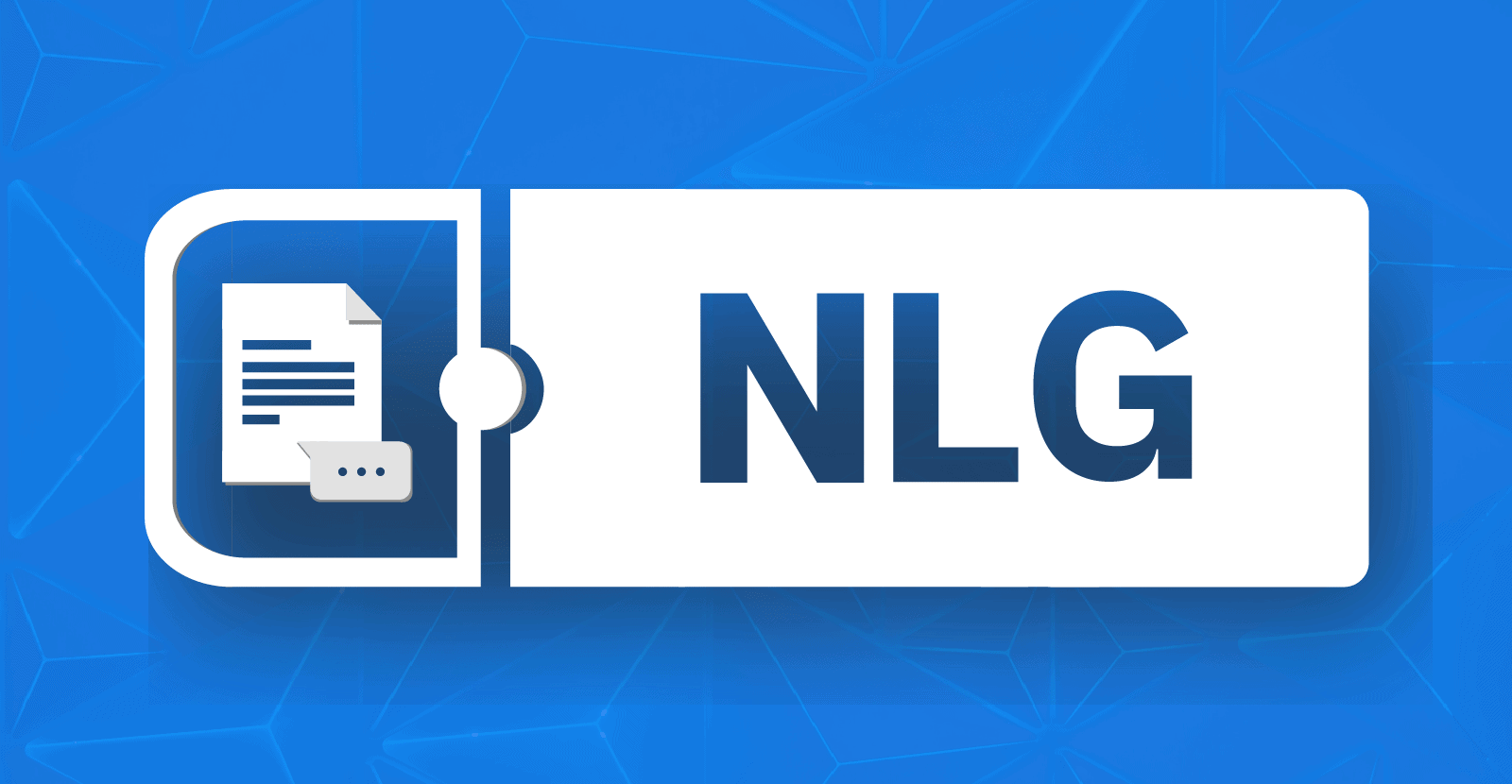December 18, 2020
NLG: the greatest added value for companies

By Narrativa Staff
Over the last decade, both Natural Language Processing (NLP) and Natural Language Generation (NLG) have become much more accessible and are starting to attract the interest of many companies. This evolution has been made possible by the proliferation of open source tools, improvements in computing, and a further migration to the cloud.
But let’s start from the beginning.
What is NLG?
Natural language generation, or NLG, is a subfield of natural language processing whereby large amounts of data are extracted and processed and then converted into human language.
At Narrativa, we have developed a platform dedicated to providing natural language solutions, capable of generating 3,000 mobile descriptions in seconds, creating financial insights, or writing a clinical paper in two simple steps.
How does all of this translate into value for companies?
Bloomberg and Morgan Stanley, success stories
Recently, at a meeting on innovation, Royal Bank of Canada Director Kim Prado was asked to name a trend that had the potential to bring the greatest value to their business in the next five years. She replied, “Without question it will be taking natural language generation to the next level.”
If we believe that NLG is the future, then this may very well be true. We are already seeing examples of success in some of the most well-known companies in the world, but there are still a few more steps needed to be able, as Prado says, to take NLG to the next level.
Financial outlets like Bloomberg use NLG to generate up to four types of automated news. Ted Merz, Director of News Product at the company, provides a significant statistic: readers of NLG-generated news have increased from zero to 7% in the last two to three years. With this in mind, it is more than likely that at some point we have read an article generated by artificial intelligence without even realizing it.
The investment company Liquidnet creates personalized financial alerts for each client. NLG is initially used as a ‘library’ that includes bank records, public information, press releases, etc. It then converts this data into alerts written in natural language and sends them out by email.
The experience could not have been better. Here’s what Liquidnet CEO Tony Doris says: “It’s easier for us to do the job of converting content to NLG text than it is for each of our users to interpret graphs, data tables and numbers. It’s just a more efficient way of communicating content to humans.”
Another area in which NLG is proving disruptive is the field of internal communication. At Morgan Stanley, they have used this technology to create a chatbot to answer questions from employees. And they don’t plan to stop there, with plans to roll out a similar approach for handling customer service in the works.
All those companies who have introduced NLG understand one thing: it is a solution which serves to alleviate the workload of employees, allowing them to be more productive and efficient without spending hours and hours on tasks that can be easily automated.
These kinds of tasks are usually repetitive and time-consuming, not requiring any special knowledge or creativity to be carried out satisfactorily, and often causing a good deal of frustration or boredom amongst employees.
Currently, Narrativa has the technology to provide these types of natural language solutions to companies: from personalized financial insights or the generation of news articles to solutions for the health sector, particularly pharmaceutical companies that have huge amounts of data to process.
Concerns about the GPT-3 model
The latest advance in NLG, the GPT-3 model released by OpenAI, has caused a great deal of controversy. While some are impressed by its capabilities, others see its dangerous potential for the generation of fake news.
This technology can be applied to a multitude of tasks but many are not willing to take the risk, pointing out that a lack of control over the model could negatively impact on the outcome.
For this reason, although NLG has managed to capture the attention of many who see it as a great asset for the completion of their tasks, there is still a long way to go: the reticence of some companies is accompanied by a lack of knowledge about what NLG can actually bring them.
If you want to know more about how we can help your company through NLG, do not hesitate to contact us. We have the perfect solution for you.
Share






